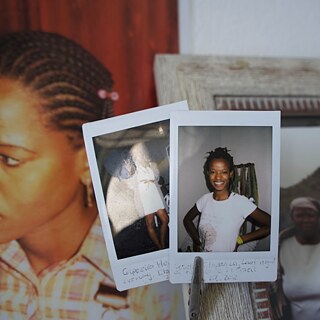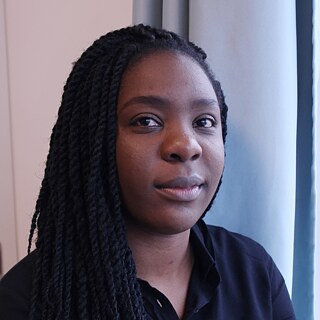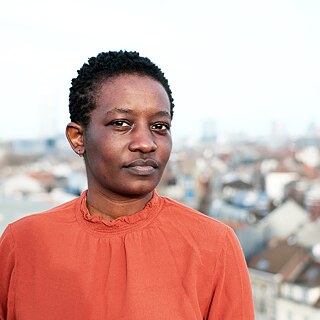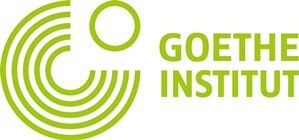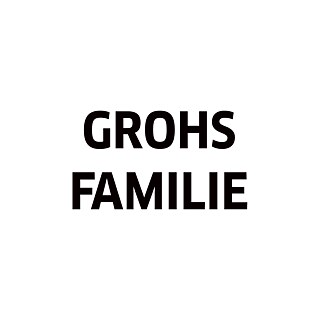
The award is now closed!
The 2026 open call is now closed.
Thank you to everyone that submitted for the award.
shortlisted submissions and winners will be announced in 2026.
How does the Henrike Grohs Art Award support the African art scene?
Conceived in honour of the late Henrike Grohs - a dedicated promoter of contemporary art in Africa - the prize aims to support outstanding artistic practices and contributes to cultural dialogue on the African continent. Since its inauguration in 2018, the prize has established itself as an outstanding opportunity to promote exceptional African contemporary art practice. Contemporary visual artists from various disciplines living and working on the African continent are eligible to apply.The winning individual artist or collective will receive a cash prize of 20.000€ and 10.000€ towards the production of a publication on their work. Two artists or collectives will be selected as runners up and will be awarded a cash prize of 5.000€ each.
Previous Award winners are: Kitso Lynn Lelliott (2024), Gladys Kalichini, Zambia (2022), Jackie Karuti, Kenya (2020) and Em'kal Eyongakpa, Cameroon (2018).
About the Henrike Grohs Art Award
The Henrike Grohs Art Award is a biennial visual art prize conceived by the Goethe-Institut and the Grohs family in memory of the former Head of Goethe-Institut in Abidjan, Henrike Grohs.
About